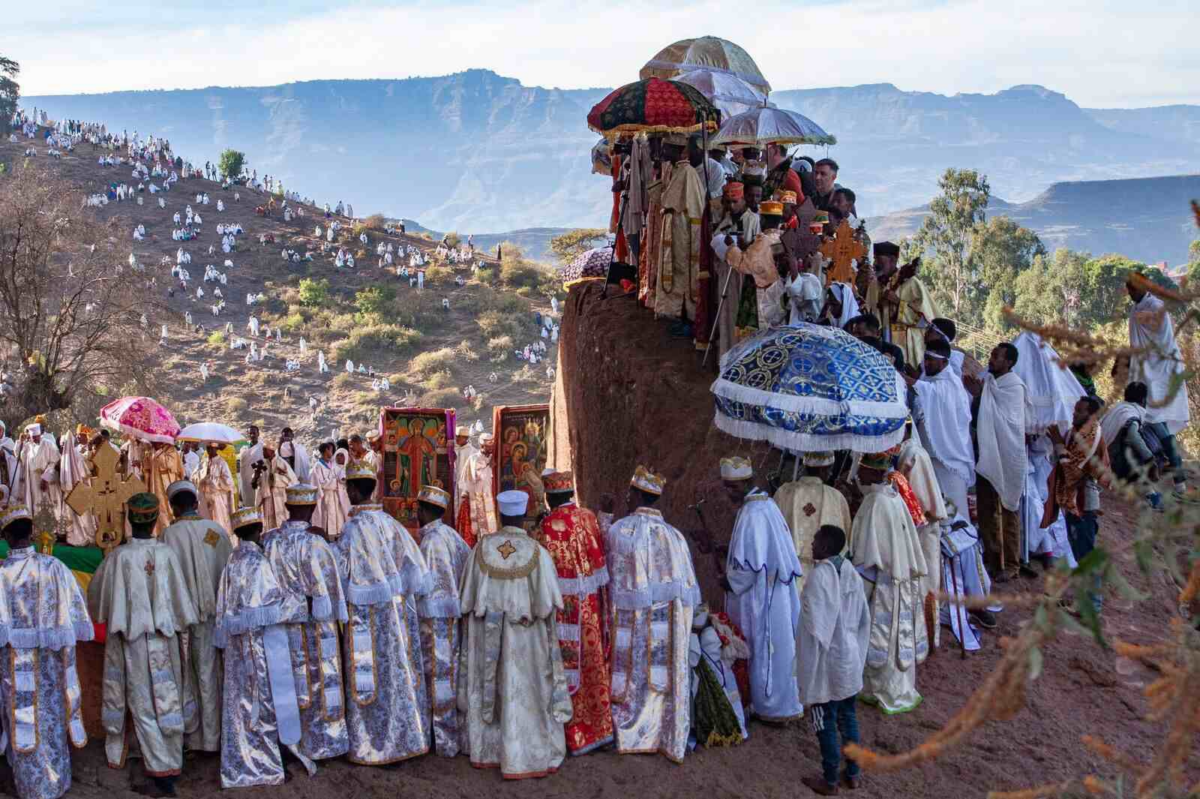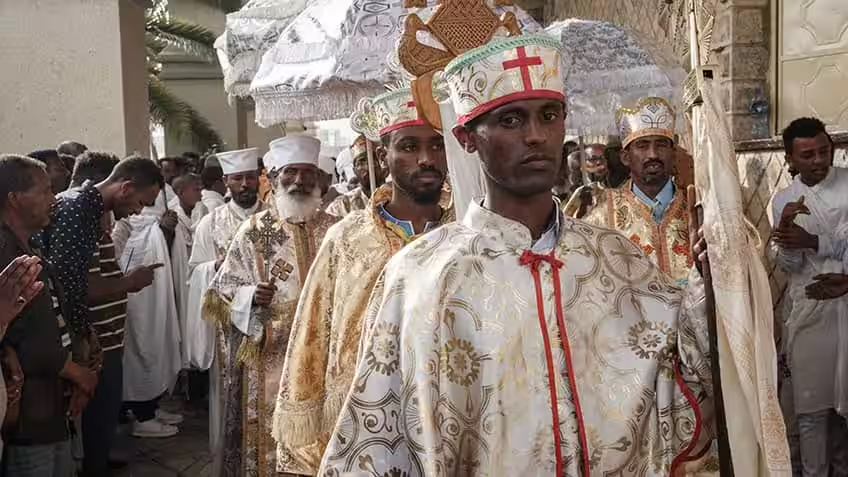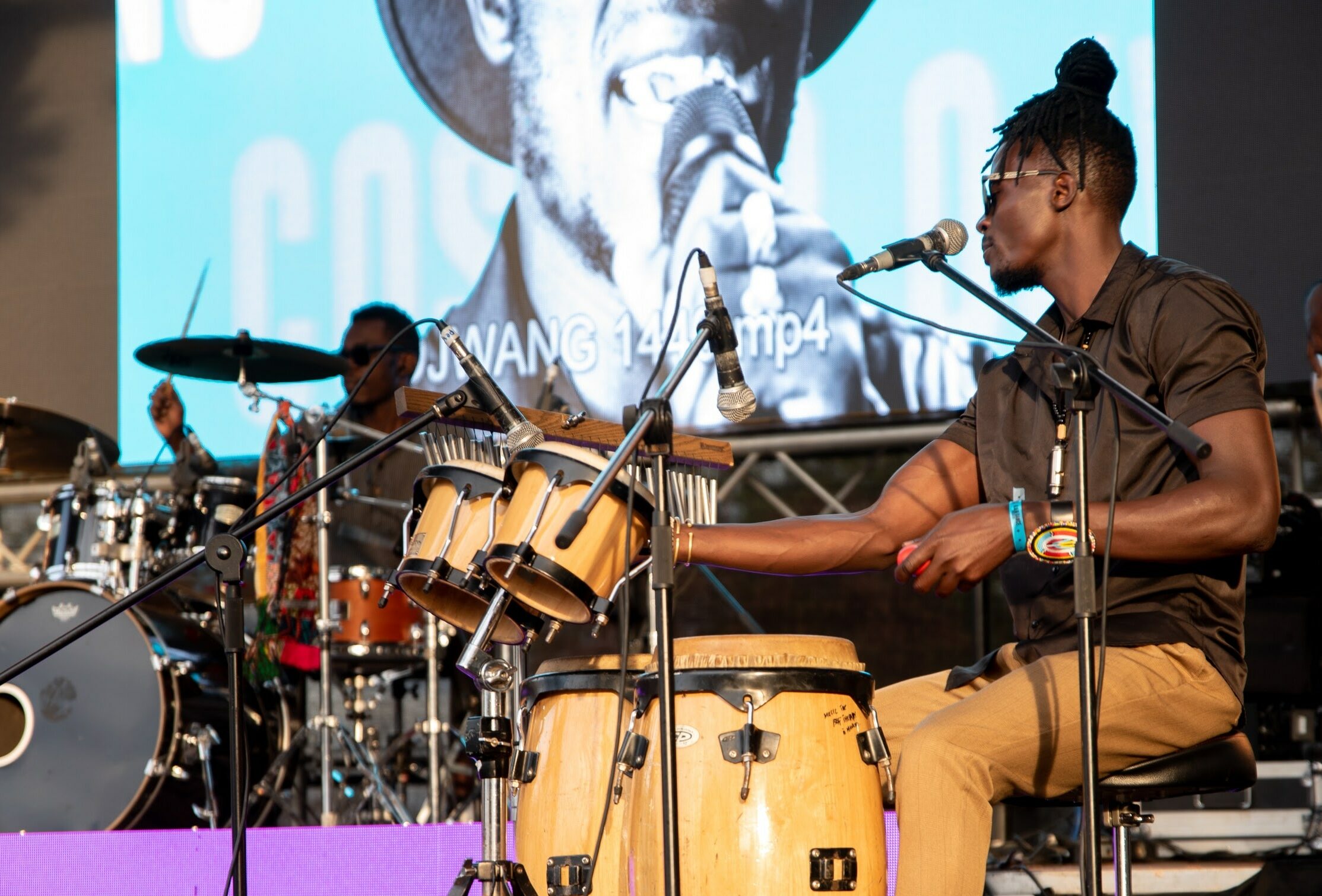Christmas is a joyous occasion celebrated worldwide, but did you know that in some African countries, the festivities occur not on December 25 but on January 7? Several African nations observe this unique tradition, and while it may seem puzzling at first, it has a fascinating historical and cultural significance.
The Gregorian Calendar and the Shift in Christmas Dates
The majority of the world follows the Gregorian calendar, which marks December 25 as the day to commemorate the birth of Jesus Christ. However, some Eastern Orthodox Christian communities, including those in Ethiopia, Egypt, Eritrea, and parts of Sudan, use the Julian calendar, leading them to celebrate Christmas on January 7. Read Also: Discover the rich history and unique traditions of an African Christmas

The difference in dates can be traced back to the 16th century when Pope Gregory XIII introduced the Gregorian calendar to reform the Julian calendar, which had a slight miscalculation. While most Western countries adopted the new calendar, some Christian communities in the East stuck to the Julian calendar. This choice was often influenced by a desire to maintain independence from the Catholic Church, which played a significant role in adopting the Gregorian calendar in the West.
The Julian Calendar and Eastern Orthodox Christian Communities
In many African countries, the decision to celebrate Christmas on January 7 is deeply rooted in the history of Christianity in the region. The spread of Christianity across Africa brought with it different Christian denominations, each with its own traditions and practices. As a result, some communities continued to follow the Julian calendar, preserving their unique cultural and religious identity.
For example, the Ethiopian Orthodox Tewahedo Church in Ethiopia follows the ancient Ge’ez calendar. This calendar, also known as the Ethiopian calendar, lags approximately seven to eight years behind the Gregorian calendar. Consequently, Ethiopians celebrate Christmas, known as Genna, on January 7. Genna is not just a religious observance; it is a time when families come together, feasts are prepared, and communities engage in various festivities.
In Egypt, the Coptic Orthodox Church also observes Christmas on January 7. The Coptic Christian community, which constitutes a significant portion of Egypt’s population, follows the ancient Alexandrian calendar. Christmas is a grand celebration marked by vibrant liturgical ceremonies, processions, and the decoration of homes and churches. Read Also: How to celebrate Kwanzaa in style in 2023

Cultural Significance of January 7 Celebrations in Africa
Eritrea, another African nation, shares the January 7 Christmas celebration with Ethiopia due to the historical ties between the two countries. The Eritrean Orthodox Tewahedo Church follows a calendar similar to the Ethiopian calendar, and the festivities mirror those of their Ethiopian counterparts.
While most of the world may be accustomed to celebrating Christmas on December 25, understanding the diversity in traditions adds richness to the global tapestry of the holiday season. The January 7 celebration in some African countries is a testament to the resilience of cultural and religious practices, showcasing how communities have preserved their identity over centuries.



